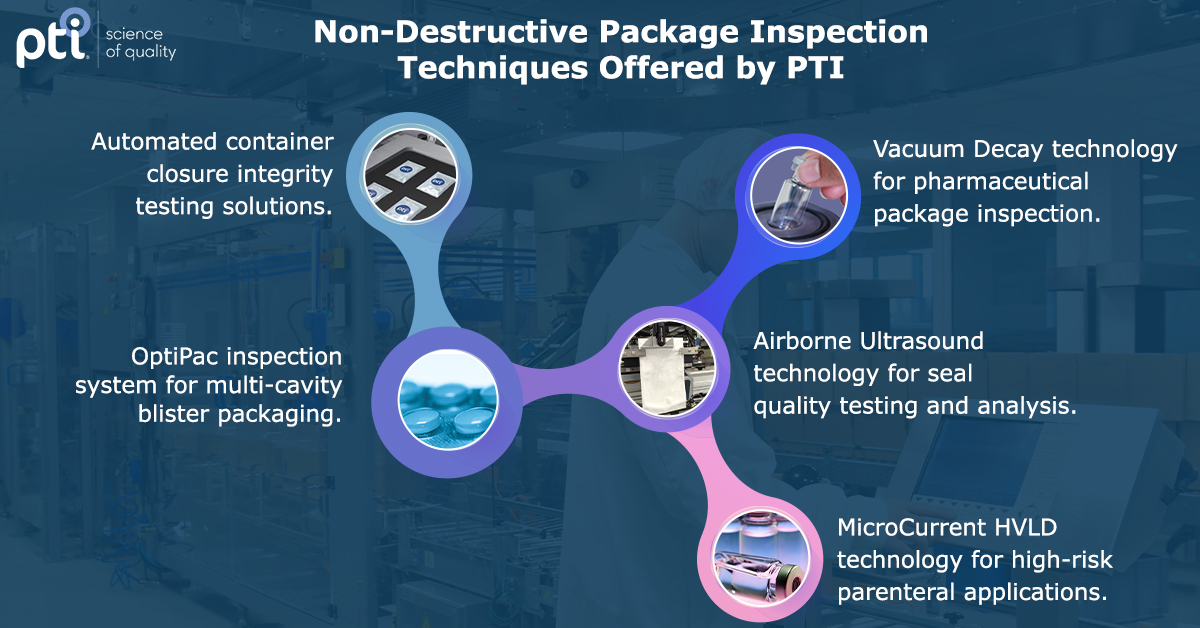A contract development and manufacturing organization (CDMO) is a company that provides drug development and manufacturing services. Pharmaceutical companies collaborate with CDMOs to outsource drug development and manufacturing. CDMOs can handle the entire process of medication research and production, and they also deal with clients who want to outsource specific steps in their workflow and manufacturing.
Pharmaceutical businesses increasingly depend on CDMOs to handle the complicated requirements of drug research and production. Having a CDMO partner can be a great resource with many advantages for pharmaceutical companies to focus their efforts and resources on initiatives that move their company forward, whether it's navigating the highly regulated drug development framework required by the FDA or scaling production to meet deadlines and demand.
Quality assurance is a key concern for prospective clients when choosing a CDMO because strict quality control procedures are what makes the difference when it comes to protecting a product on its journey to the patient.
The packaging of a drug is a crucial element in preserving its quality since it protects both the product and the manufacturer's commitment to patient safety throughout the product's life cycle till delivery. Container closure integrity testing (CCIT), in accordance with USP 1207>, provides confirmation of a package's capacity to prevent loss and maintain product sterility. ¹ However, a lack of knowledge of CCIT could put a CDMO at a disadvantage when compared to rivals that have adopted advanced CCIT solutions that cater to the particular needs of the goods of their clients. As a result, it's critical that CDMOs have a thorough understanding of CCIT.
Container Closure Integrity Testing Methods Offered by PTI.
Pharmaceutical packaging innovation has paved the way for a diverse range of advanced technologies and materials that enable drug manufacturers to design container and closure systems based on the unique properties of their products.
Traditional leak testing methods, such as the dye ingress leak test and the water bath, have been commonly used methods, but their test results are highly subjective. Since some items, like cell and gene therapy treatments, are only produced in small amounts, manufacturers cannot take the chance of the dye ingress leak test being detrimental to the product itself.
Probabilistic methods rely on a series of sequential and/or simultaneous events, each associated with uncertainties, yielding random outcomes described by probability distributions. On the other hand, deterministic approaches produce objective quantitative data by following a predetermined course of events, and leakage is detected using physiochemical technologies that are simple to regulate and monitor. PTI offers a wide range of non-destructive container closure integrity test methods applicable across a wide range of industries.

PTI's goal is to help our clients succeed by delivering on the promise of science through exceptional CCIT solutions. Life-changing products rely on dependable, high-quality delivery systems that can withstand the rigors of the journey from the lab to the patient.
That is why our experts are committed to providing strong CCIT through exceptional engineering and an organizational drive to achieve our own purpose and mission. We recognize the importance of our role in delivering safe and effective products and are excited about the opportunity to collaborate with you to advance the future of medicine.
Readmore...CDMO, pharmaceutical package testing, ccit, quality assurance, package inspection technologies
4580